I quite like it when famous people die.
I know, I know – it’s a terrible thing to say. But I do.
It’s never nice when someone dies, unless that someone is a right baddie. And even then, someone else probably still loved them, so it’s still a bit of shame.
The human problem of dying is, in general, quite a bummer.
But we all have to do it some time.
And when someone like Olivia Newton-John dies, someone who lit up screens and faces big and small for five decades, well… I quite like it.
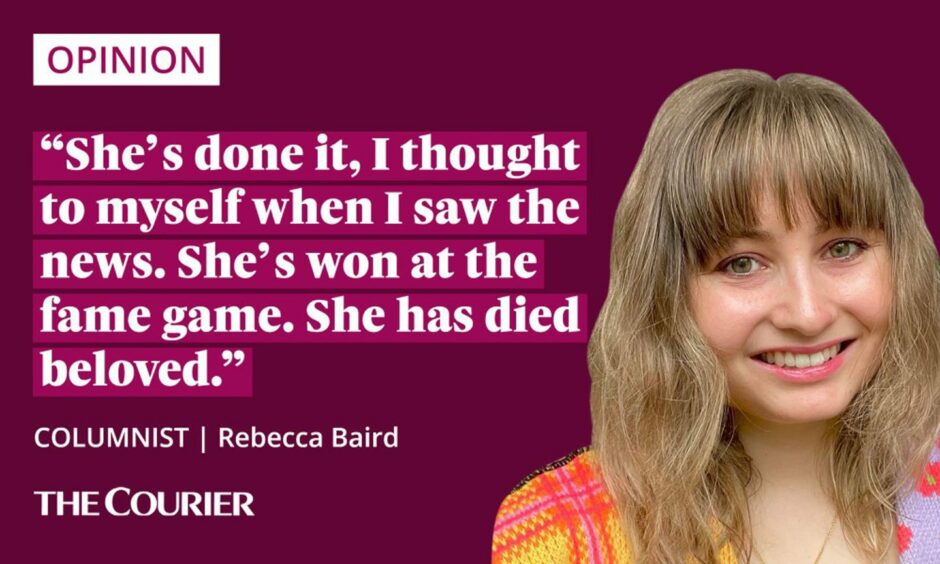
I like the immediate, sincere-but-short-lived outpouring of grief.
The blooming of flowers on pavements for someone very few of us actually knew, but in the moment, have all remembered we loved.
I like that the love is usually true, even if the communal heartbreak is often over-egged a bit.
I like learning about her life, and reading the cloyingly poignant, well-crafted social media posts.
The flurry of old photos, the way everyone, absolutely everyone has listened to Hopelessly Devoted To You today.
The way the lyrics capture how her fans feel, and that makes the sentimental sadness even sweeter.
I like that this death has the ability to cannibalise nostalgia into current culture.
Give it a couple of days and I bet you a fiver all the TikTok lassies are wearing hair ribbons or black leather pants, lipsyncing to You’re The One That I Want.
I bet that the trend of Good Sandy vs Bad Sandy goes viral tonight.
And I bet it’ll be great fun.
Tell me more, tell me more…
Most of all, I like that the first day after a star as shiny as Newton-John dies, we get to relive all their brightest moments with the comforting certainty that they can now never be tainted by something the person might do or say in the future.
Maybe I’m just cynical, but when a star (especially a woman) has burned as brightly as Olivia did early on in her career, there is often a sense of expectancy that they will fall, spectacularly, from grace.
So many people (and livelihoods) thrive on the downfall of people who are placed on a pedestal, often by the very same publications that will ruthlessly tear them from it later. They’ll wait for it, and cash in big when it comes.
Famous people can’t stop being famous, so the only options are to become infamously bad, or die while you’re still famously good.
And when someone manages the latter for five whole decades, the way Olivia Newton-John has, there’s a little bit of relief among their fandom.
She’s done it, I thought to myself when I saw the news. She’s won at the fame game. She has died beloved.
Set your heart on Sandy
Because unlike with living celebrities, there’s no need to interrogate the just-dead icon; no reason to hold them to account or question their motives, or begrudge them their riches.
They’re dead. We’re alive.
Now we can love them without reservations.
In the case of Newton-John, that’s especially joyous, because she is especially easy to love, and hard to dislike (though no doubt by tomorrow, she’ll be overrated).
But for today, with that winning smile, Aussie charm, and all the girly, gut-busting adoration that comes with playing Grease’s Sandy, she’s a perfect person for the world to mourn together.
And mourning together we are – which, in an era of constant, unrelenting divisiveness, is no small feat.
We go together
Watching someone’s legacy take shape in real time is moving, and fascinating.
Olivia Newton-John is currently the top trending hashtag on Twitter, and for once, everything under it is nice.
To her fellow famous folk, she was a mentor, a colleague, a friend.
For many cancer patients, she was a symbol of hope, due to her work as an advocate for breast cancer research and treatment.
To me, she was Sandy – the star of my mum’s favourite movie, a constant reference point in the lore of our small family evenings spent singing along.
A voice, a beauty, a style icon, an inspiration, a smiling sufferer – she was, like all true stars, whatever her fans needed her to be. Now, they can hold her as that forever.
It’s no wonder that such people often inspire an intoxicating, ardent sense of devotion in their fans.
People who are openly drawn to celebrity culture get a lot of flack for engaging in ‘parasocial relationships‘ (where Person A feels they know Person B intimately, and Person B doesn’t know Person A exists).
We do it with sportspeople, musicians, actors, artists, writers and comedians. Some people feel strong parasocial connections with politicians or religious leaders.
You could even argue that religion itself is a parasocial relationship with a deity, if you wanted to.
And some folk see such relationships as pointless, unhealthy, or even a bit pathetic.
But I think there’s something really beautiful about taking someone’s work so deeply into your heart that you take the person themselves with it.
That even though you’ve never met, when that person dies, your world stops for just a moment.
To me, that kind of devotion doesn’t feel hopeless at all. In fact, I think it’s one of the most hopeful things in the world.
Rest in peace, Olivia Newton-John.
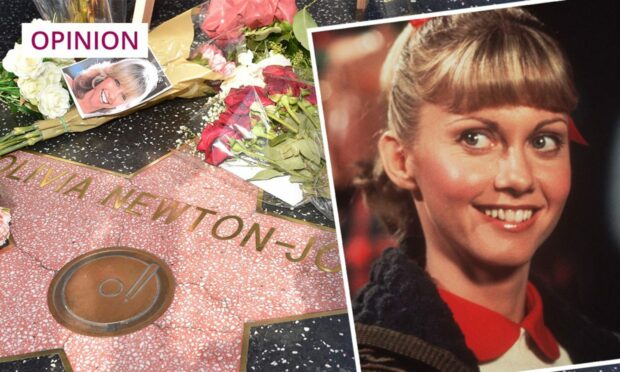
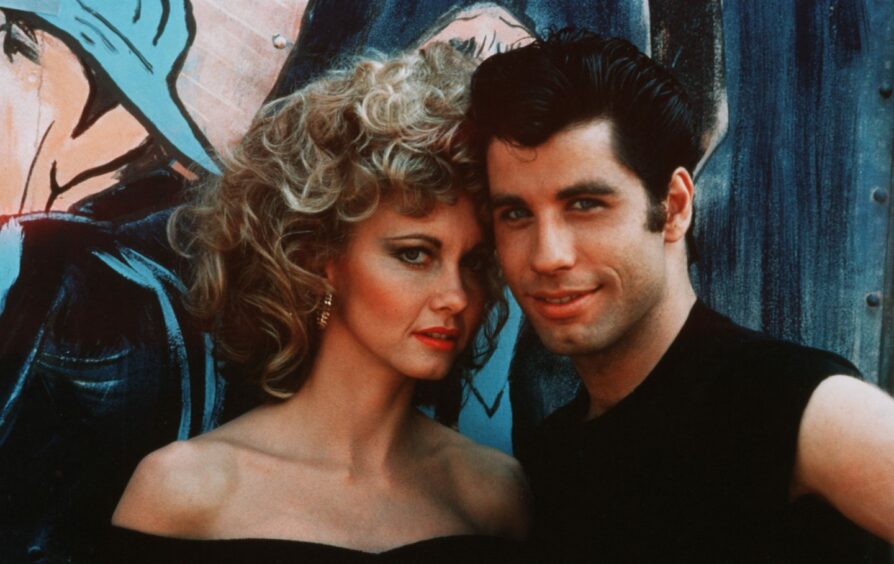
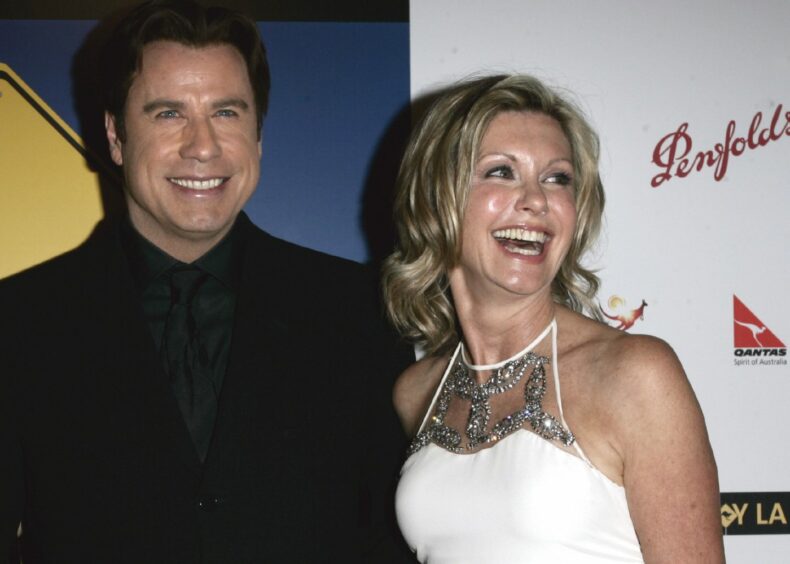
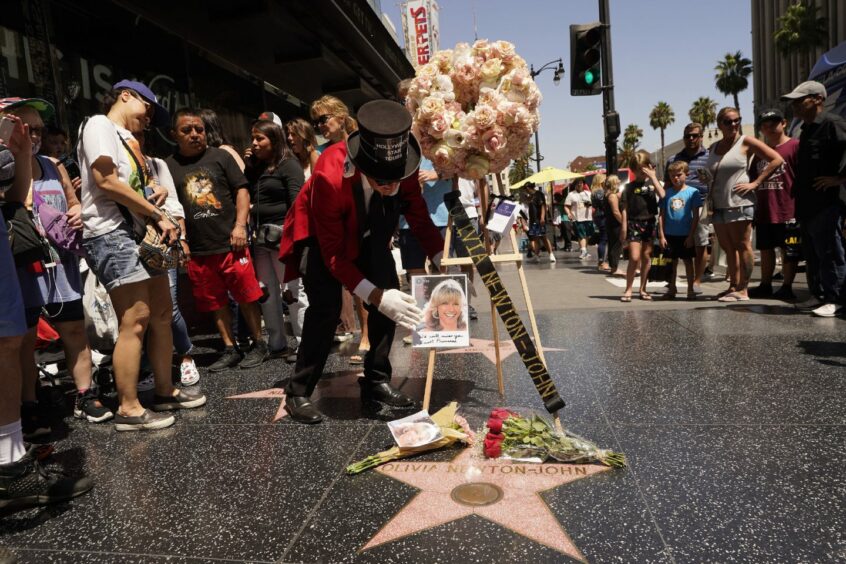

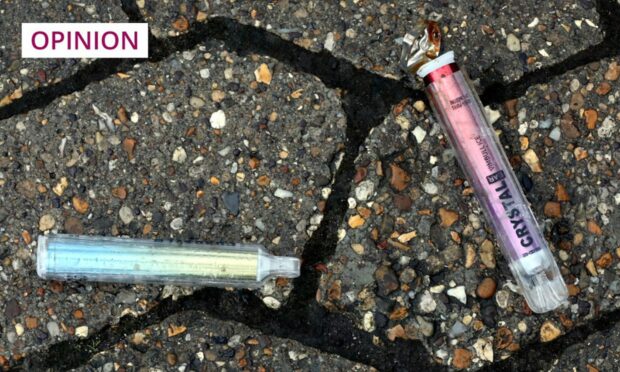


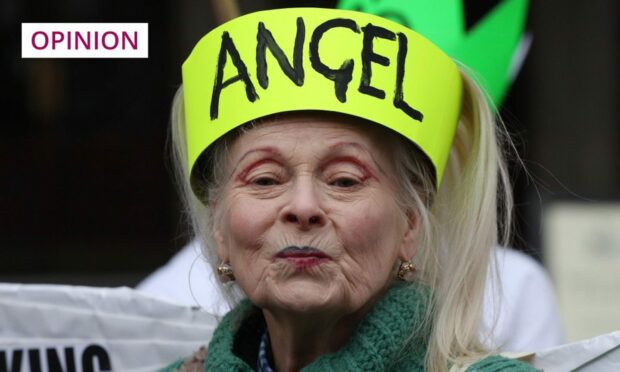



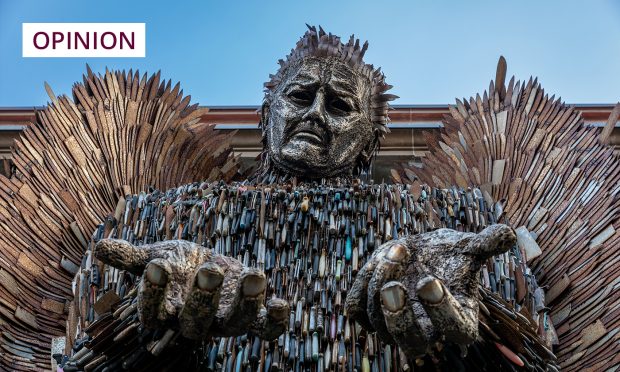


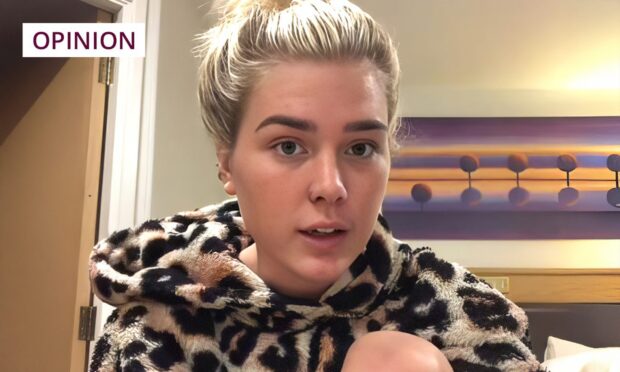

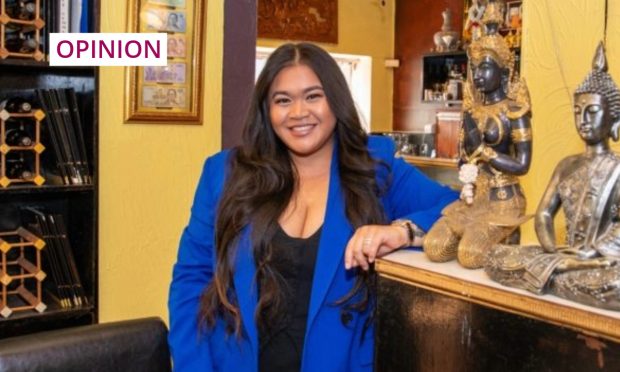

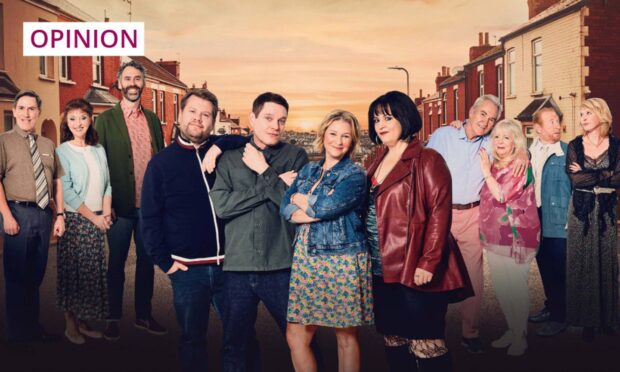
Conversation